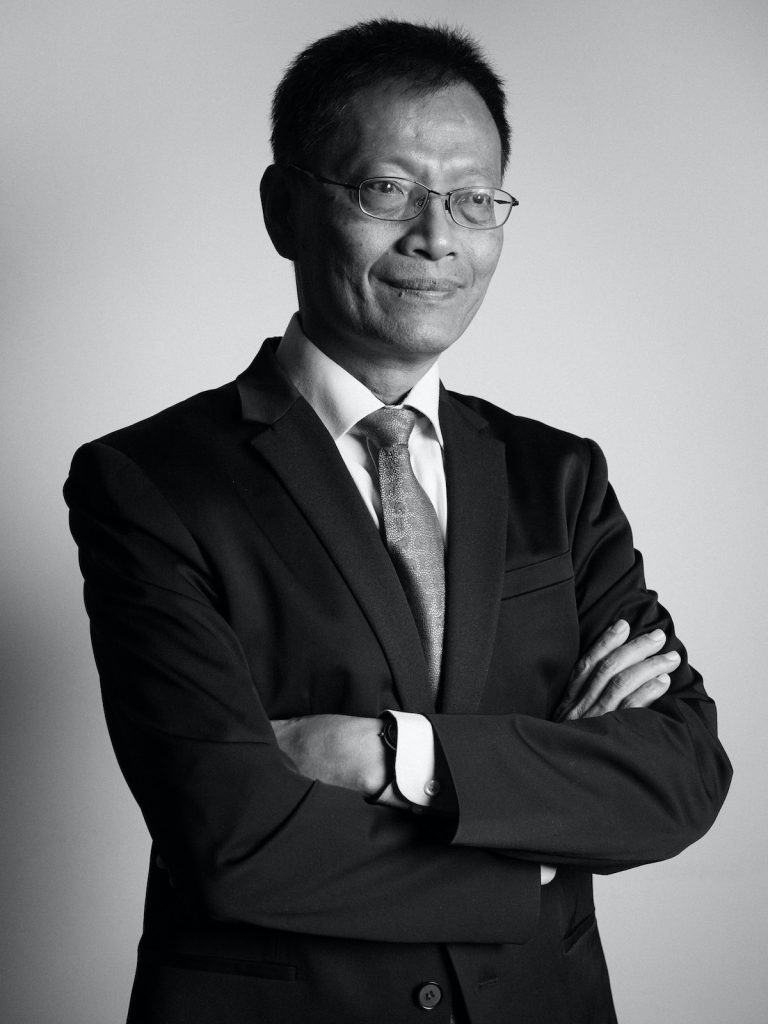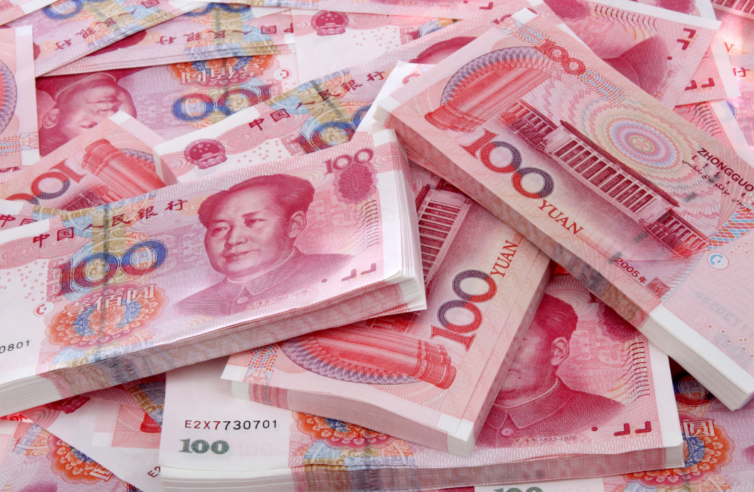How do punters get their money out of China? With strict capital outflow measures in place, Chinese punters aiming to spend large amounts overseas face a quandary but aren’t limited to illegal options when it comes to how to transfer their funds. Gaming veteran Ben Lee points out some avenues that players use to get that money from here to there.
One of the most directly casino-linked avenues is the purchase of rolling chips. Lee points out one Macau operator which had an overseas office which would exchange rolling chips for cash overseas, effectively allowing for players to get upwards of a 98 percent return on their money here in Macau.
Another avenue is cash deposits.
“Casino operators with multiple footprints would happily accept cash deposits in one jurisdiction and make markers available in another,” points out Lee.

That means that a punter in Macau could deposit funds and then have a marker made available for them in either Vegas or Singapore, for example, and vice-versa.
Lee points out that this flies in the face of banking laws, as casinos aren’t licensed as financial institutions which are allowed to facilitate such international transfers. However, complications are avoided by simply marking the transfer as “book entries” – basically one property justifying the outflow on paper as another type of expense.
Moving on to real estate, the Managing Partner of IGamiX notes how successful the avenue has been, particularly in Hong Kong – with properties owned by companies and individuals essentially acquiring shares in said company, therefore avoiding the stamp duty.
This move can then be repeated multiple times, propping up the value of the property by selling company shares amidst those needing to move funds.
Another less sophisticated method is to pool the $50,000 annual outward transfer of family members and friends to buy properties overseas – such as in Australia.
Another interesting avenue is the Shanghai United Assets and Equity Exchange. Originally set up to allow Chinese SOEs to sell off their assets to domestic participants, the exchange has since expanded to list overseas assets such as properties. This allows the Chinese to send money overseas legitimately” notes Lee.
“Someone lists a property in Japan on the exchange, people then bid for it, and end up owning the asset,” points out Lee. “The money is legitimately moved from China to Japan via that asset exchange” and the individual “can thereafter do whatever he wants to do with it”.
But let’s not forget art. Auction houses do their fair share of money moving, with the purchase of assets via groups such as Christie’s and Sotheby’s a fine avenue for wealth transfer. Similar to real estate, the assets can also be resold at inflated values to fellow punters, increasing their inconspicuous money transfers exponentially.
When speaking of art, one cannot forget film – another primary avenue which multiple Macau-based junket operators (such as Suncity) chose to delve into as a way to ‘diversify’ their holdings.
By choosing to fund international films, firms could easily transfer large amounts of funds (given the scope of a film production), without large amounts of scrutiny.
All of these avenues tend to be more utilized by the rich, but what about the middle class?
“Life insurance,” notes Lee, is a long-term strategy used by many of the middle-class Chinese, who can cash out on their premium after a certain threshold has been laid out. Meaning funds suddenly become available in a foreign country due to the multination’s presence worldwide.
And then it all comes back to the age-old and vilified UnionPay.
Lee notes that the average daily UnionPay liquidity in Macau “runs out before the end of the day”, resulting in the need for the illegal UnionPay touts to fill the gap. By utilizing mobile POS terminals paired with cell phones, the transactions will appear as local mainland transactions, rather than cross-border in Macau, millions in funds can be transferred without bringing up red flags.
This has been the case for years in Macau, with multiple busts of operating UnionPay rings still not eliminating the practice. In part, some of the illegals have moved to reduce their risks by working only with return customers or referrals from casino hosts, however the move is still fraught with risk for the companies in China where the UnionPay transactions are allegedly processed.
“China has detained a sizeable number of merchants whose transactions were suspected to have originated in Macau,” notes Lee.
But who can forget the tried-and-true formula: cash in suitcases. And what better avenue than private jets: little oversight, possibility to pay off local officials and quick pick-up on arrival.
And this is being done not only by companies, but also by government officials, notes Lee, without indicating which nation in particular is more flagrant in their use of such avenues.
Vegas noticeably has been a key arrival hub for such suitcases brimming with Benjamins.
But cash is heavy, so why not resort to other options: gold and diamonds.
The compacted value of small pieces – especially diamonds which don’t register on a metal detector – make them a highly transportable means of wealth. And it’s no wonder that massive international jewelry brands such as Chow Tai Fook also have a hand in the gaming industry.
But it’s not just gold or diamonds in hand. Punters can even buy a certificate entitling the holder to a percentage of the company’s gold holdings, indicates the expert, with withdrawal possibilities in any of the company’s outlets worldwide.
Even physical property could be redeemed at the same outlets, with a punter purchasing a a diamond ring, for example, in Macau and retailing it in the same company’s outlet overseas.
Furthermore, avenues similar to junkets also exist, basically “underground banking,” notes Lee, indicating that a system of operators allow for cash deposits with an agent in one country, with facilitated providence of cash in another – for a fee.
Auctions come into play in this scenario also, with cash offers being less scrutinized, meaning purchasers of property in Australia, for example, could leverage agents in Hong Kong for proxy purchasing, shifting the funds accordingly.
All of this doesn’t bode well for China’s focus on cracking down on outflows. Meaning multiple avenues will continue to be scrutinized – such as affiliate marketers.
This avenue, notes Lee, can be complex, with up to thousands of social media accounts – with linked payment options – facilitating payment from merchants, which can then be utilized for online gambling.
Moving back to junkets – a public listing is also another avenue for funds provision, with the possibility to reinvest funds and then offer returns.
The possibilities are endless, and the funds will keep flowing. It just depends on how authorities can play a virtual game of whack-a-mole in order to keep up.























